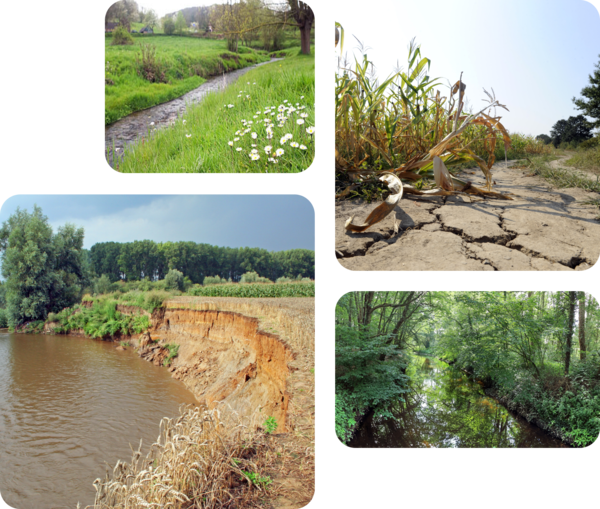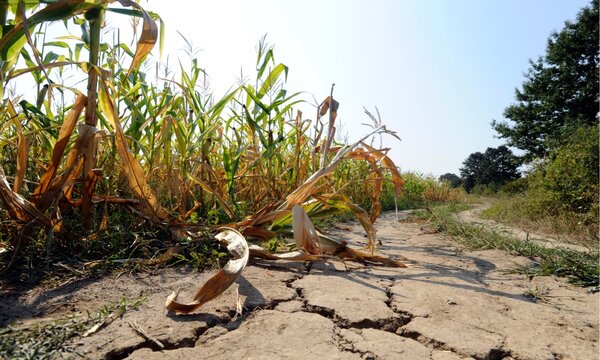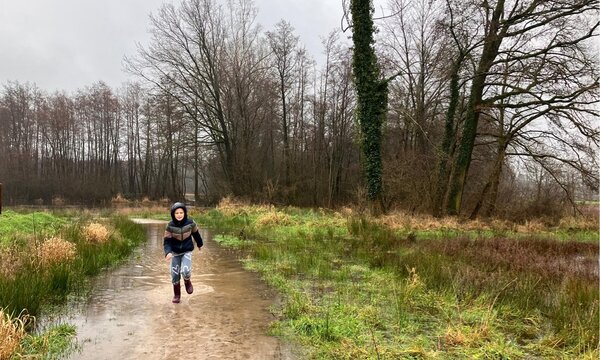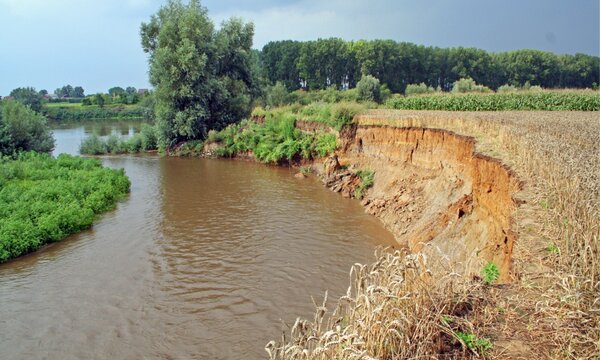Weather extremes seem to change faster than most had anticipated and climate change has already caused floods and droughts to occur more frequently and/or more intensely. These events are now threatening the continuation of existing economic and natural ecosystems. We run a considerable risk as we are not yet well prepared for those events. Yet, in spite of the availability of copious amounts of information on climate change and its impacts, adaptation to ongoing and unavoidable future climate change is proceeding much more slowly than many had hoped.
Our research is aimed at understanding the risk of extreme weather events for floods and droughts in order to propose effective measures to manage the risk.
Extreme weather events lead to a disaster when they result into severe disruption that overwhelms the capacity of a community or society to cope using its own resources. Floods or droughts that occur in pristine remote areas very seldom are considered disasters.
It is therefore that the drivers of disasters are a combination of (a) the magnitude of the weather, flood or drought event, the hazard; (b) the extent to which assets, infrastructure, houses but also human societies, and natural ecosystems are subjected to the impacts of these hydrological extremes, the exposure and (c) the sensitivity and capacity of the system, which may be societal, natural or other, to cope with the hazard and impact, the vulnerability.
Instead of developing more alternative instruments and measures, we will test, improve, extend, and integrate existing frameworks, concepts, models, and datasets with a view on tailoring the current available knowledge into policy and adaptation action.
For managing river basins across borders, transboundary scientific cooperation is crucial for assessing the impacts of extreme weather event and design mitigating measures to avoid undesired consequences.





